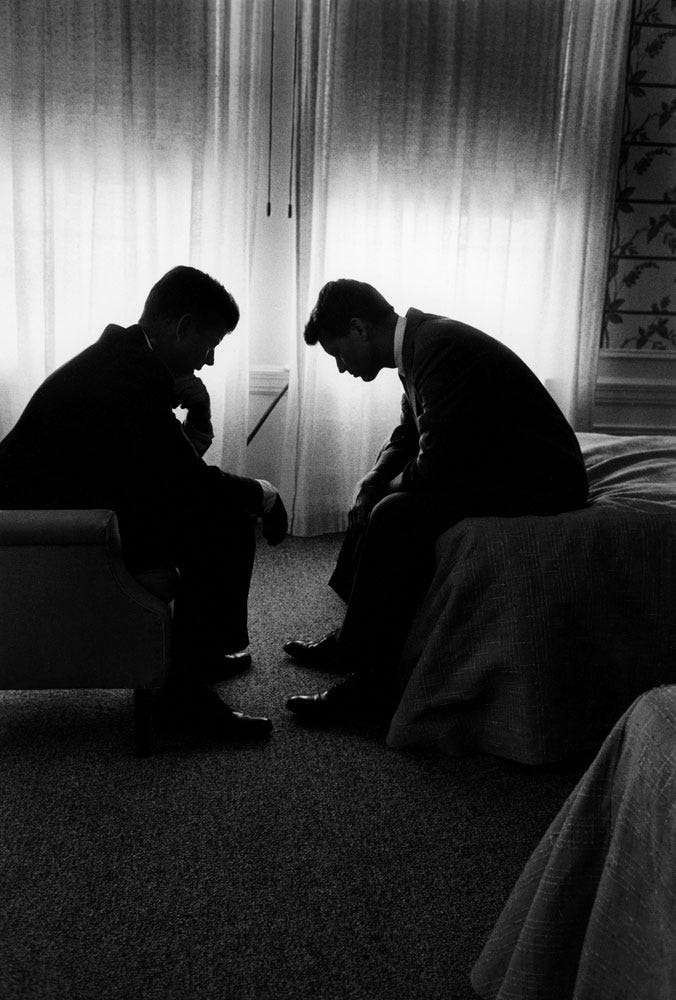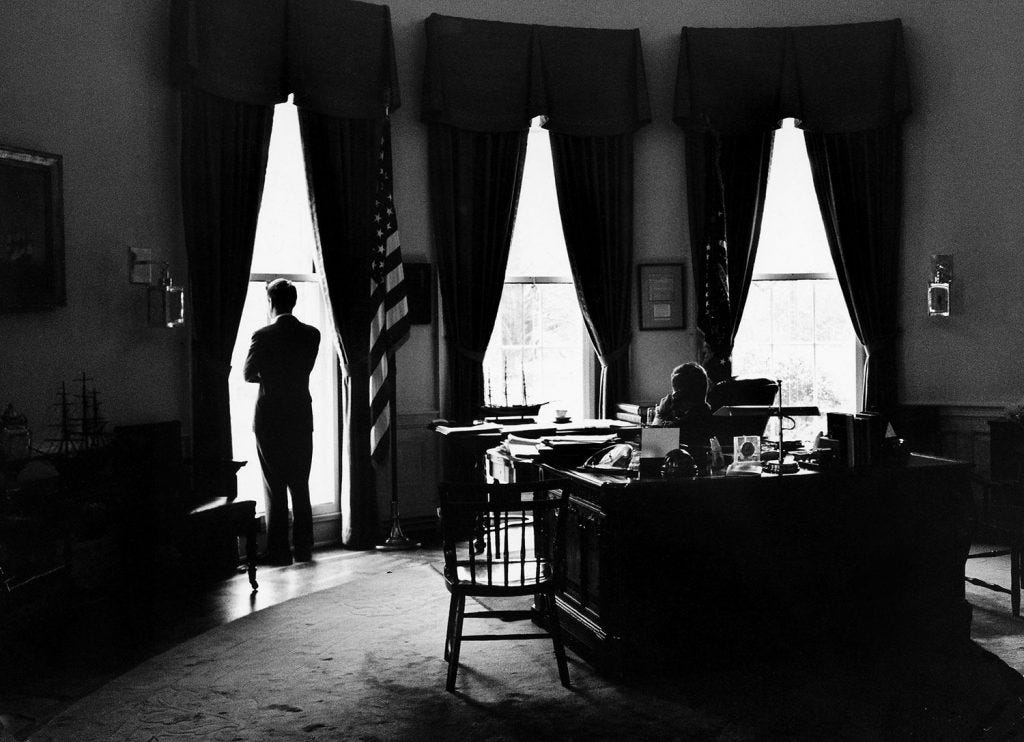The Enduring Legacy of John F. Kennedy: A President Remembered
Exploring the Life, Achievements, and Legacy of America's Poster Child and 35th President.

Introduction: John F. Kennedy, the 35th President of the United States, left a lasting impact on American politics, culture, and society. His presidency, tragically cut short by assassination, is remembered for its vision, energy, and idealism. This article delves into the life, achievements, and legacy of John F. Kennedy, examining how his presidency continues to resonate with Americans today.
Early Life and Political Career: Born on May 29, 1917, in Brookline, Massachusetts, John Fitzgerald Kennedy was the second of nine children born to Joseph P. Kennedy Sr. and Rose Fitzgerald Kennedy. From an early age, Kennedy was groomed for a life in politics, following in the footsteps of his father, a prominent businessman and politician. After serving in the Navy during World War II, Kennedy entered politics, winning a seat in the U.S. House of Representatives in 1946 and later serving as a U.S. Senator from Massachusetts.

Presidential Campaign and Inauguration: In 1960, Kennedy announced his candidacy for president, running against Republican candidate Richard Nixon. The campaign was hard-fought and closely contested, but Kennedy's charisma, youth, and message of hope resonated with voters. In November 1960, Kennedy won a narrow victory, becoming the youngest person ever elected to the presidency.
On January 20, 1961, Kennedy was inaugurated as president, delivering his famous inaugural address in which he famously declared, "Ask not what your country can do for you – ask what you can do for your country."
Domestic Policy and Achievements: As president, Kennedy faced several challenges, both at home and abroad. Domestically, he focused on civil rights, economic growth, and social welfare programs. He established the Peace Corps, aimed at promoting peace and friendship abroad through volunteer efforts, and launched the ambitious Apollo space program, intending to land a man on the moon before the end of the decade.
Kennedy also faced significant foreign policy challenges, including the Cuban Missile Crisis in 1962, a tense standoff with the Soviet Union that brought the world to the brink of nuclear war. Kennedy's handling of the crisis is widely regarded as a key moment of leadership and diplomacy.

Assassination and Legacy
On November 22, 1963, while riding in a motorcade in Dallas, Texas, President Kennedy was shot and killed by Lee Harvey Oswald. The assassination shocked the nation and the world, leading to an outpouring of grief and a sense of loss that is still felt today. Kennedy's death marked the end of an era of optimism and idealism, and many Americans remember where they were when they heard the news.
Despite his short time in office, Kennedy's presidency had a lasting impact on American society and politics. His leadership during the Cuban Missile Crisis, his commitment to civil rights, and his vision for the future continue to inspire generations of Americans.
Conclusion: John F. Kennedy's presidency was marked by vision, energy, and a sense of possibility. His tragic death cut short a promising career, but his legacy lives on in the hearts and minds of those who remember his presidency. As we reflect on Kennedy's life and legacy, we are reminded of the power of leadership, courage, and vision in shaping the course of history.


